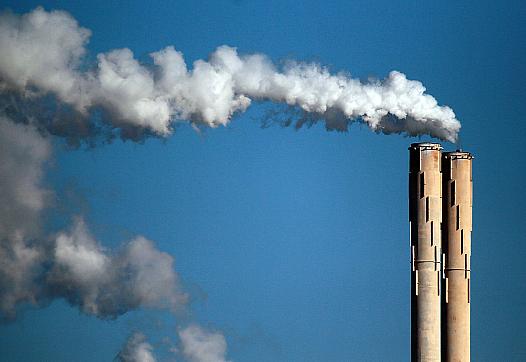
Pollution and stress are tightly connected to place, which in turn is linked to race and class, as two UCSF researchers recently explained to journalists.

Pollution and stress are tightly connected to place, which in turn is linked to race and class, as two UCSF researchers recently explained to journalists.
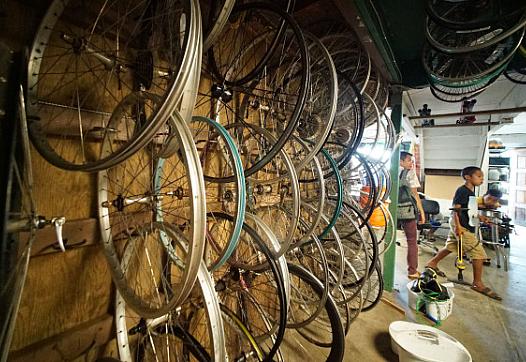
Nonprofits are pivoting to help residents in a community facing the worst outbreak of COVID-19 of any zip code in the state, along with high rates of unemployment.
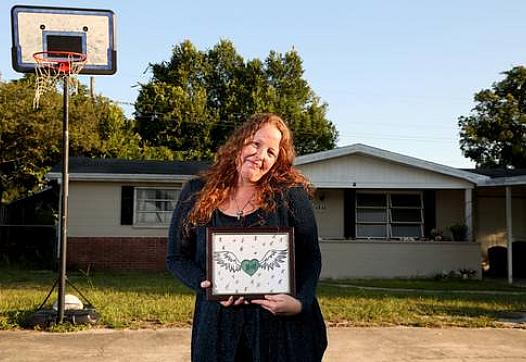
A Florida sheriff created a futuristic program to stop crime before it happens. It monitors and harasses families across the county.

This story was produced as a joint project led by Nathan O'Neal and Colton Shone, participants in the 2020 National Fellowship, that cover the variety of circumstances that contribute to health disparities in the Navajo Natio...
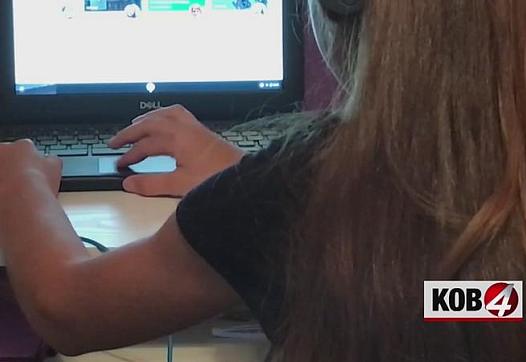
This story was produced as a joint project led by Nathan O'Neal and Colton Shone, participants in the 2020 National Fellowship, a program of USC Annenberg's Center for Health Journalism.
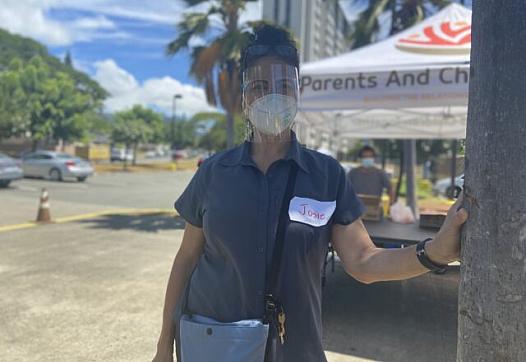
City officials say they are trying to get testing sites up and running quickly, and plan to keep improving outreach efforts.
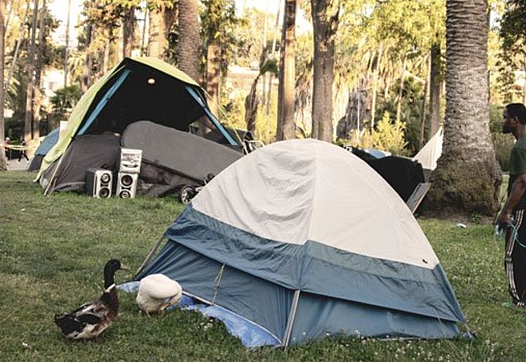
Wildfire smoke plus coronavirus has created a terrible health outlook for an already vulnerable population.
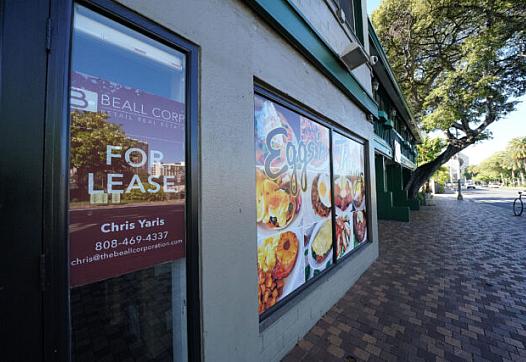
Women are filing for unemployment and losing their businesses at higher rates than men.
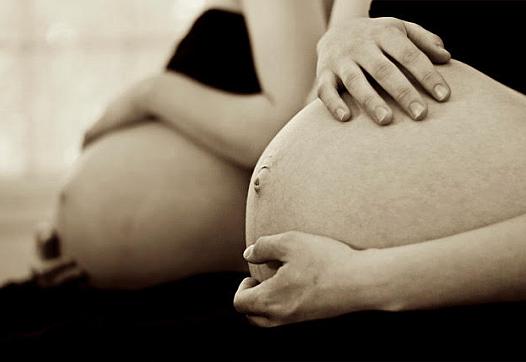
A focus on these three key areas could go a long way toward achieving health equity.
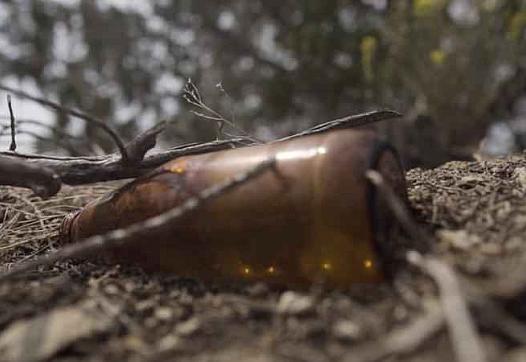
Gerald Chee isn't shy about his battles with substance abuse. Chee, who lives on the Navajo Nation, said he believes he got COVID-19 while partying with others.